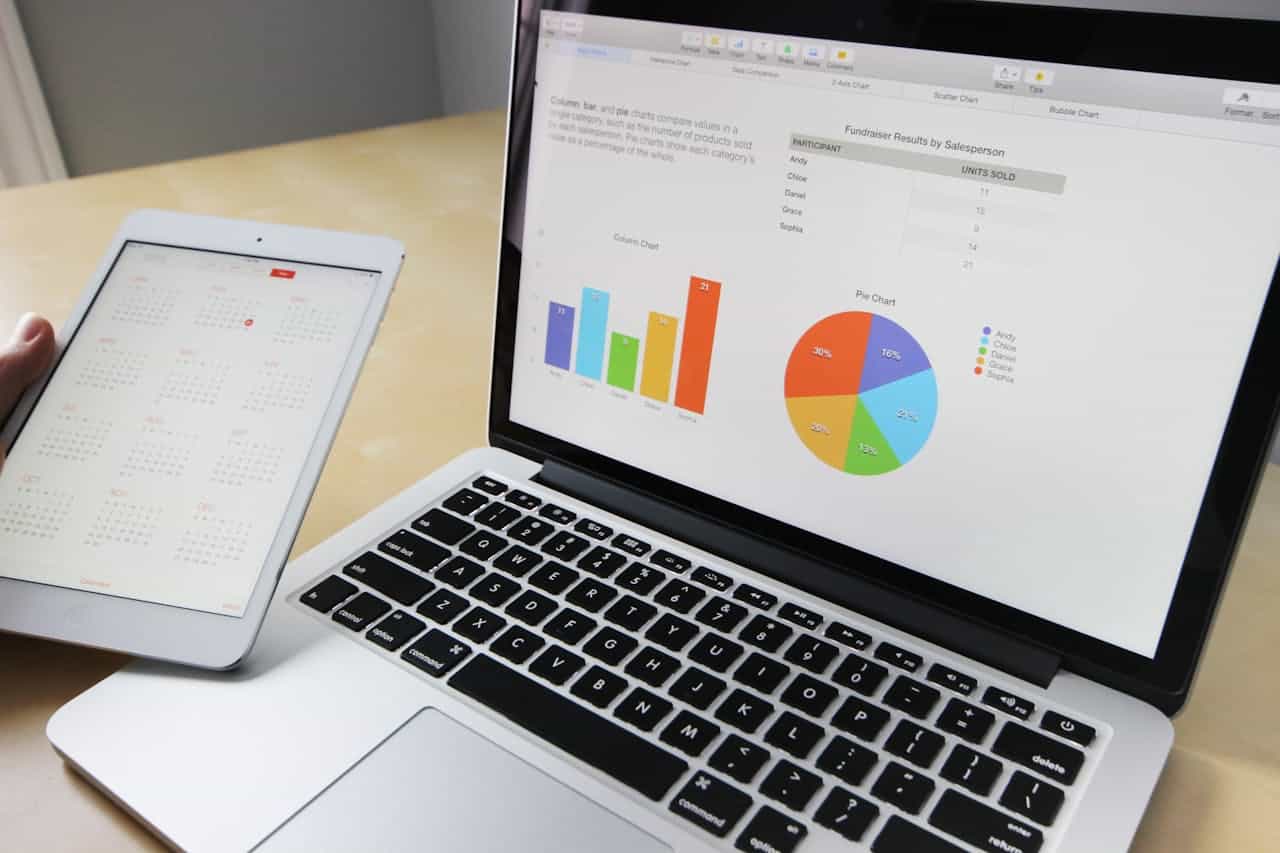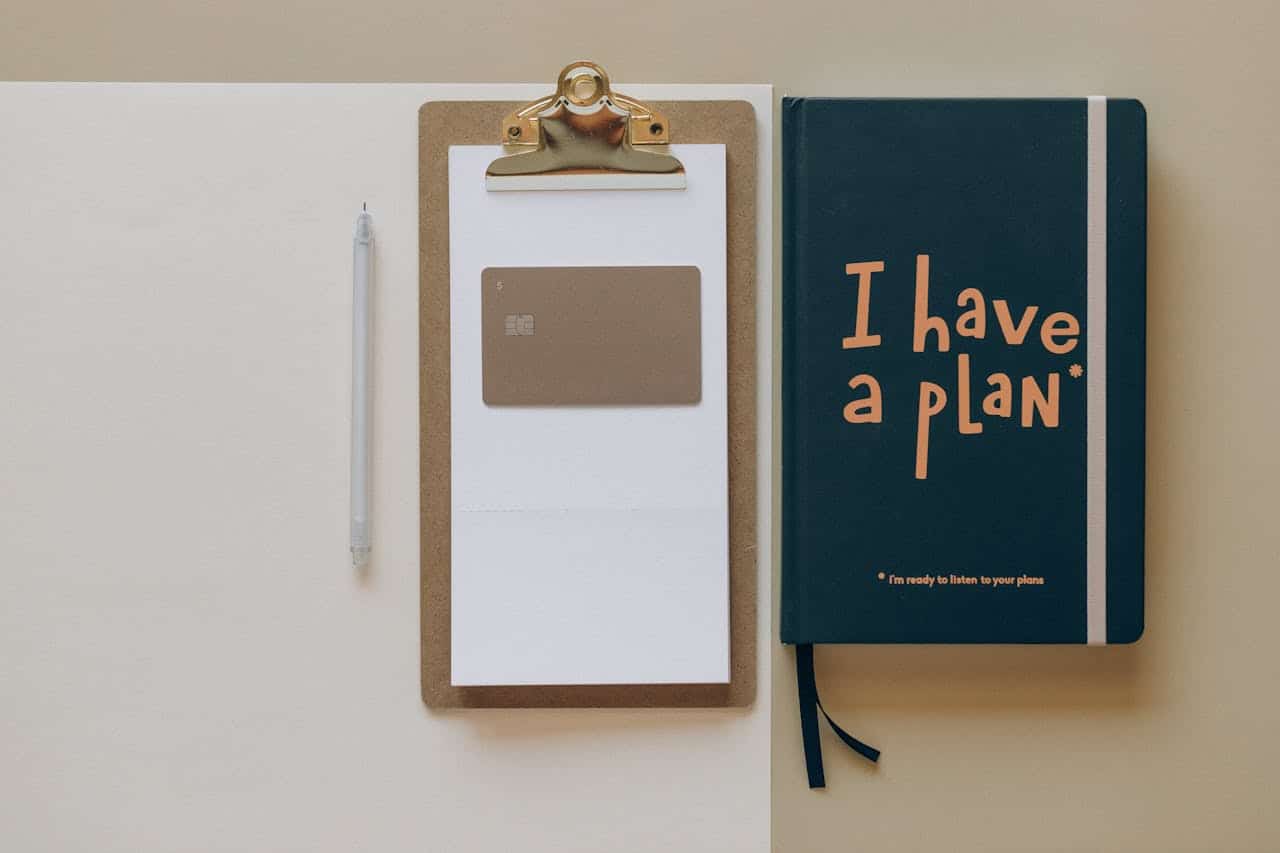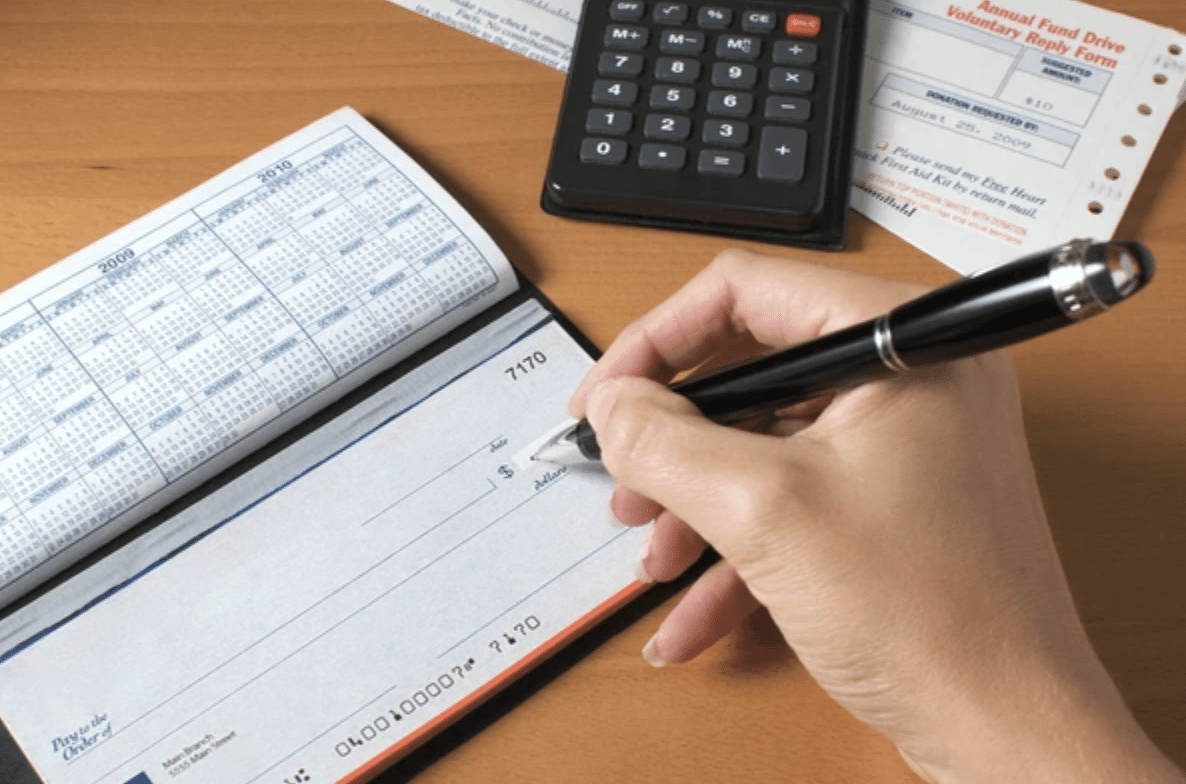Types of Home Equity Loans
There are a few different kinds of equity loans that are available to you. You can get them through your bank, lending, or financial institution. The type of loans available when it comes using your home as collateral include:
Fixed-Term Equity Loan
This loan will give you a lump sum with payments that are amortized over a certain amount of time.
Home Equity Line of Credit (HELOC)
This type of loan acts in the same way a credit card does. You can withdraw whatever amount you want within the limits of what you’ve borrowed. There is a validity period with it. HELOC gives you a bit more freedom to use the money as you like.
Home equity loans and HELOCs are both secured by your home. You can take out an equity loan or line of credit through leveraging your property. As you’re using your home for collateral with either of these loan types, you get much better interest rates than with credit cards and personal loans.
While a home equity loan comes with fixed payments and interest rates, HELOCs are considered revolving credit lines. The interest rates are variable so the minimum payment amounts may change. Draw periods of HELOCs let you take funds out from your line of credit as long as you continue to make interest payments.
Do be aware that it’s not always easy to get home equity loans in some cases. An investor is considered more of a risk as they are more likely to default on their investment property as opposed to doing so with their primary residence. Banks and other financial institutions may not give these loans out easily.
If you have large outstanding debts, you may also find it challenging to qualify for any type of home equity loans. If you have a current mortgage, a car loan, and credit card debit, borrowers may refer you to an alternative lender.
Lenders will use criteria to make a decision on lending you the money. This can include the available cash in hand you have as well as your credit score and debt-to-income ratio. If your debit-to income ratio is high, traditional banks may not loan you the money despite the equity you already have.













